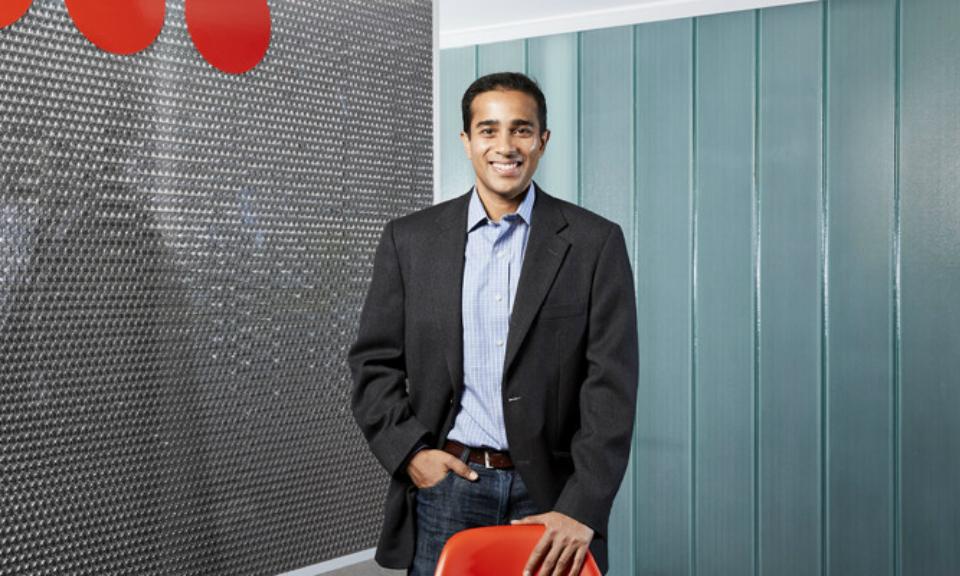
Written by
Published
Category
Key topics
Imagine this. A group of people sit together, eating Skittles. Next door, people sit eating the sweets on their own. Everybody is eating the same amount of candy, the same flavours from the same ‘fun size’ bags. Who will be the first to feel he or she has eaten enough?
In our experiments, it’s the groups, rather than the individuals, who decide sooner that they’ve had their fill. Sharing the experience speeds up feelings of enjoyment – the pleasure of eating the sweets is over faster if you’re in a group, all doing the same thing.
Social context matters for the arc of enjoyment of an experience.
We’ve tested this idea in many other ways. In one experiment, we asked individuals to view works of art (paintings) online but crucially allowed them to believe they were sharing the experience simultaneously with another viewer. We then allowed other people to look at the pictures by themselves.
Which people were the first to feel they had tired of looking at the pictures? Again, it was the participants who thought they were looking at the art at the same time as someone else, the data suggest. This holds true even though the experience was online. People’s enjoyment of looking at paintings was over sooner if it was a shared experience.
Previous experiments by psychologists have demonstrated that sharing an experience with a group heightens our pleasure or feelings about it. Feeling ‘together’ amplifies the intensity of whatever we are doing, consuming or feeling. More broadly speaking, our experiences are contingent on our social setting. We are social creatures; we are more absorbed, say, by chocolate if we eat it with others than if we eat it by ourselves. Alone, the experience is less intense. Togetherness can increase the power of experiences.
Critically, the five studies we conducted prove something further: that feelings of satiation, such as having heard enough of a song, eaten enough of a certain flavour of sweet, or tired of looking at a painting, are reached sooner if the experience is shared with others. If it’s a joint experience, the faster we get fed up and move on.
Consumer sectors might need to start thinking about ever wider product lines
What then does this mean more widely for business? It might prompt businesses to think about how they engage with consumers to leverage what we now know about the effects of the social context. We’ve shown the effects of ‘togetherness’ online can feel similar to experiencing things together in person. This has wide ranging implications given the ubiquity of social media. Information and experiences are shared far faster via the likes of Facebook, Twitter and Instagram than they are in the physical world – our ability to connect virtually to vast numbers of people has mushroomed. Our research shows that, whatever people are experiencing as a group, they’ll be looking for something new sooner rather than later.
Companies could maximise the effectiveness of shared experiences by making whatever they are offering briefer, to avoid a decline in enjoyment. And by designing adverts to be experienced in a group rather than by an individual, could businesses increase the impact they have?
If you were, say, a yoghurt or fruit drink manufacturer, you might want to think about introducing a greater variety of flavours to feed a growing demand for new experiences. People have more appetite, whatever the sector, for new products, new flavours, new features, if they’re able to share their experiences. Consumer sectors might need to start thinking about ever wider product lines.
Feeling ‘together’ amplifies the intensity of whatever we are doing, consuming or feeling
Could this awareness of joint experience also give us ways to guide consumer behaviour? If you wanted to improve public health, could there be ways of encouraging people to feel they’ve had enough of junk food, for instance, in the same way that once you’ve heard a song too much, you want to move on?
But there are still plenty of things we don’t know about how people interact in groups. We don’t know whether the size of the group matters – in our experiments, we focused on smallish groups. And what about if you are consuming something alongside people with a fundamentally different outlook or beliefs? This could be interesting, especially as online communities are becoming ever more polarised. We’d also like to know more about how effectively the different online platforms and technologies – virtual reality for instance – could help create and build a sense of shared experience.
As consumer behaviour changes and technology develops, our shared experiences could unlock new opportunities.


